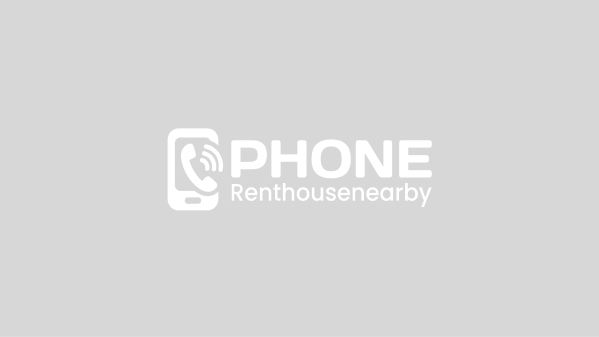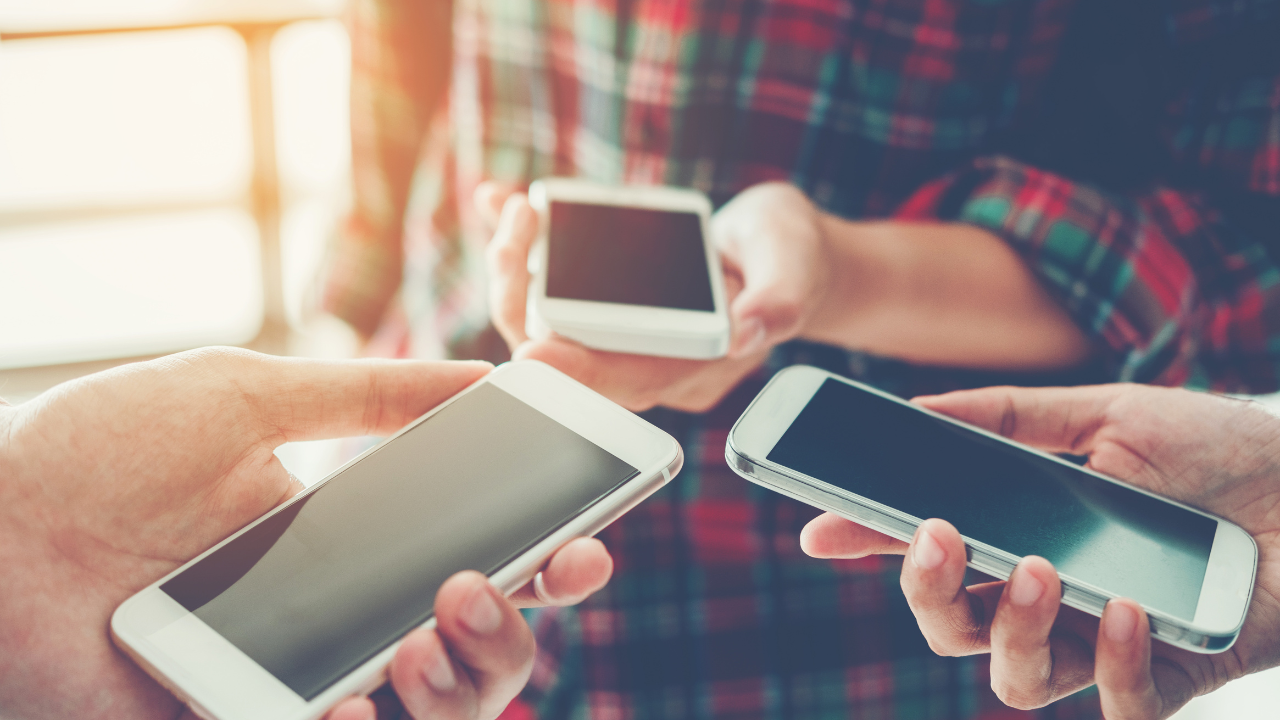-
Phone Number800-723-3546
-
Email—
-
LocationPO Box 160490 Hialeah, FL 33016-9997
-
Office Websitehttps://www.safelinkwireless.com/
The minutes provided by Safelink Wireless can be used for making local and domestic long-distance calls, as well as for text messaging. The choices available may vary depending on your state and what best aligns with your communication preferences and requirements.
-
Lifeline + ACP
Free smartphone or BYOP
Unlimited talk
Unlimited text
Calls to Canada and Mexico
25GB high speed data
Up to 5GB of hotspot data

-
ACP Plan
Free SIM card
Unlimited talk
Unlimited text
Calls to Canada and Mexico
10GB data
Includes 5GB of hotspot data

-
Lifeline Plan
Free SIM card
350 voice minutes
Unlimited texts
4.5GB data

Qualification
To qualify for Safelink Wireless, participants must meet one of the two eligibility criteria: income-based or program-based qualification.
1. Income-Based Qualification:
A subscriber qualifies for the program if their household income is at or below 135% of the Federal Poverty Guidelines. These guidelines are updated annually, and the specific income thresholds depend on the household size and location. Here’s how it works:
- Income Thresholds: The Federal Poverty Guidelines set income limits based on the number of people in the household. For example, a family of four in a high-cost area may have a higher income limit than a similar family in a lower-cost area. Individuals whose incomes fall below this threshold are eligible for the program.
- Financial Assistance: By offering a free mobile phone to those below this income threshold, the program helps ease the financial burden for households already struggling to meet basic needs. Access to a free phone helps them stay connected to healthcare, job opportunities, and social support systems.
- Communication for Daily Needs: For individuals facing financial difficulties, a mobile phone can be a critical tool. Whether for job applications, healthcare appointments, or connecting with family and friends, a phone is essential for maintaining communication and accessing services.
2. Program-Based Qualification:
Alternatively, individuals can qualify for the free mobile phone program if they are enrolled in one of several government assistance programs. These programs provide crucial support to low-income individuals and families, and enrollment in any one of them automatically qualifies a person for the program. Below are the programs that qualify participants:
-
Supplemental Nutrition Assistance Program (SNAP):
- SNAP, formerly known as food stamps, provides financial assistance to low-income families to help them purchase food.
- If an individual or family is receiving SNAP benefits, they automatically qualify for the free mobile phone program. This ensures that those already receiving food assistance can also stay connected to other critical services.
-
Medicaid:
- Medicaid offers healthcare coverage to low-income individuals, including children, elderly adults, and people with disabilities.
- Those enrolled in Medicaid automatically qualify for the program, which ensures they can stay connected to healthcare providers, make appointments, and receive medical services when needed.
-
Supplemental Security Income (SSI):
- SSI provides financial support to elderly, blind, or disabled individuals who have little or no income.
- People receiving SSI benefits automatically qualify for the mobile phone program, allowing them to stay in touch with family, medical professionals, and social services.
-
Federal Public Housing Assistance (FPHA):
- FPHA assists low-income families with housing costs, ensuring they can afford safe and stable housing.
- If an individual or family receives FPHA benefits, they automatically qualify for the free mobile phone program, which helps them stay connected to landlords, housing authorities, and other vital services.
-
Veterans Pension and Survivors Benefits:
- This program provides financial assistance to low-income veterans, their spouses, and dependents.
- Veterans and their families who are enrolled in this program qualify for the free mobile phone, helping them stay connected to healthcare services and community support networks.
-
Bureau of Indian Affairs General Assistance (BIA):
- The BIA provides financial support to Native American individuals and families, particularly those living on reservations.
- Those enrolled in the BIA General Assistance program are eligible for the free mobile phone program, ensuring that people in remote areas have access to essential communication.
-
Tribal Head Start:
- This early childhood education program is designed for Native American children and their families.
- Families with children enrolled in Tribal Head Start qualify for the program, ensuring that parents stay connected to their child’s education and community services.
-
Tribal Administered Temporary Assistance for Needy Families (TANF):
- TANF provides temporary financial aid to Native American families with children who are experiencing financial hardship.
- Enrolled families automatically qualify for the mobile phone program, which helps them access work opportunities, childcare, and other critical services.
-
Food Distribution Program on Indian Reservations (FDPIR):
- This program offers nutritious food to low-income households on Indian reservations.
- Participation in FDPIR qualifies individuals for the free mobile phone program, helping them stay connected to health and social services.
By meeting one of these two criteria—either qualifying based on income or enrollment in one of the listed government assistance programs—individuals become eligible for the free mobile phone program. This initiative is designed to help low-income individuals and families access essential services. A mobile phone is an important tool for staying connected to healthcare providers, job opportunities, family, and emergency services. Ultimately, the program helps reduce the digital divide and improves the quality of life for those who need it most.
Special plans
Exclusive Plans for California Residents
Individuals residing in California are often presented with some of the most advantageous options when it comes to free government cell phone services. This is largely attributed to the fact that cell phone providers in California tend to offer a monthly subsidy that surpasses the federal assistance available in other states. Consequently, California residents benefit from a more generous allocation of text messages, voice minutes, and data. Here’s an overview of what you can anticipate from various plans available in California:
- Unlimited text messaging and voice calls, along with 500MB of data at no cost.
- Unlimited text and voice calls paired with 1.2GB of data for a nominal fee of $10 per month.
- Unlimited text and voice calls, plus 4GB of data for just $17.60 per month.
- Unlimited text and voice calls, in addition to 10GB of data for $32.60 per month.
Plans for Residents in Other States
For individuals living outside California, as well as in Puerto Rico and the District of Columbia, here’s what you can expect from the Lifeline Assistance free government cell phone program:
Bring Your Own Device
Participants opting to bring their own compatible GSM smartphone will receive a complimentary SIM card, unlimited text messaging, and 350 free minutes per month. Initially, users will be granted 1GB of data for the first three months, followed by a monthly update of 500MB thereafter. It’s crucial that the smartphone used is compatible with the program.
Receive a Complimentary Phone
Alternatively, you can receive a free smartphone equipped with data and Wi-Fi capabilities. This option includes unlimited text messaging and 353 minutes of voice calls each month, along with 500MB of data.
Understanding the Program
Signing up for SafeLink Wireless is hassle-free, as there are no contracts to sign. You have the option to complete your application online, or you can reach out via phone for assistance. The enrollment process is straightforward and quick, ensuring you can access the following features with your SafeLink Wireless phone:
- Popular features such as call waiting, caller ID, and voicemail.
- International long-distance calling options.
- Unused minutes can roll over, depending on the specific plan chosen.
- The mobile device remains active for one year after it is shipped, but you must recertify your eligibility for the program annually.
Residents in California are privy to a more robust selection of text messages and voice minutes compared to those in other states. Additionally, Californians typically receive higher-quality smartphones, such as Android devices, while individuals in other states might receive more basic models.
Additional Minutes Availability
If you exhaust your allocated minutes before the month concludes, you still have options. You can purchase TracFone Airtime Cards, which are conveniently available at various retailers such as CVS, Walmart, Target, Kmart, Walgreens, RadioShack, Family Dollar, Rite Aid, and Dollar General. For added convenience, these minutes can also be acquired online.
On average, the plan provides around 350 minutes each month, but additional minutes can be purchased as needed. This process is managed through our SafeLink Wireless/Tracfone Minutes page. Moreover, you may take advantage of Tracfone promotional codes to secure discounts on the program.
Popular Blog
-

Affordable Alternatives When You Don’t Qualify for Free Government Phones in the U.S.
Don’t qualify for a free government phone like Lifeline? This article explores affordable options for staying connected. Discover prepaid plans, discounted deals, the used phone market, and how to leverage free Wi-Fi and community resources to maintain essential communication on a budget.
-

How to Get a Free Tablet from Government Programs
In this article, we’ll explore these programs, the types of tablets you can get, and the carriers currently participating in these initiatives.
-

How to Check Your Eligibility for Free Cell Phones and Services
Learn how to check your eligibility for free cell phones and services through programs like Lifeline and ACP. Discover income-based requirements, application steps, and benefits.


